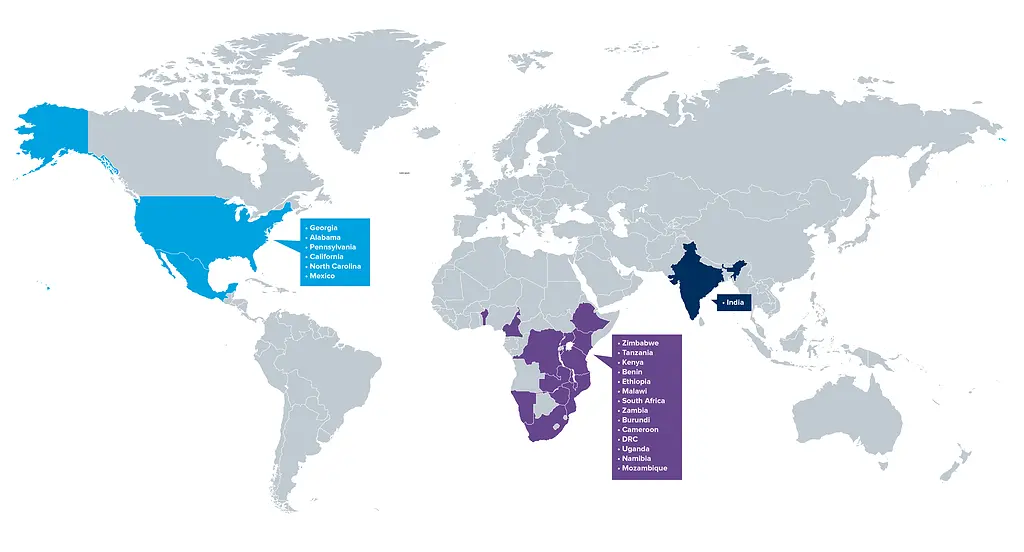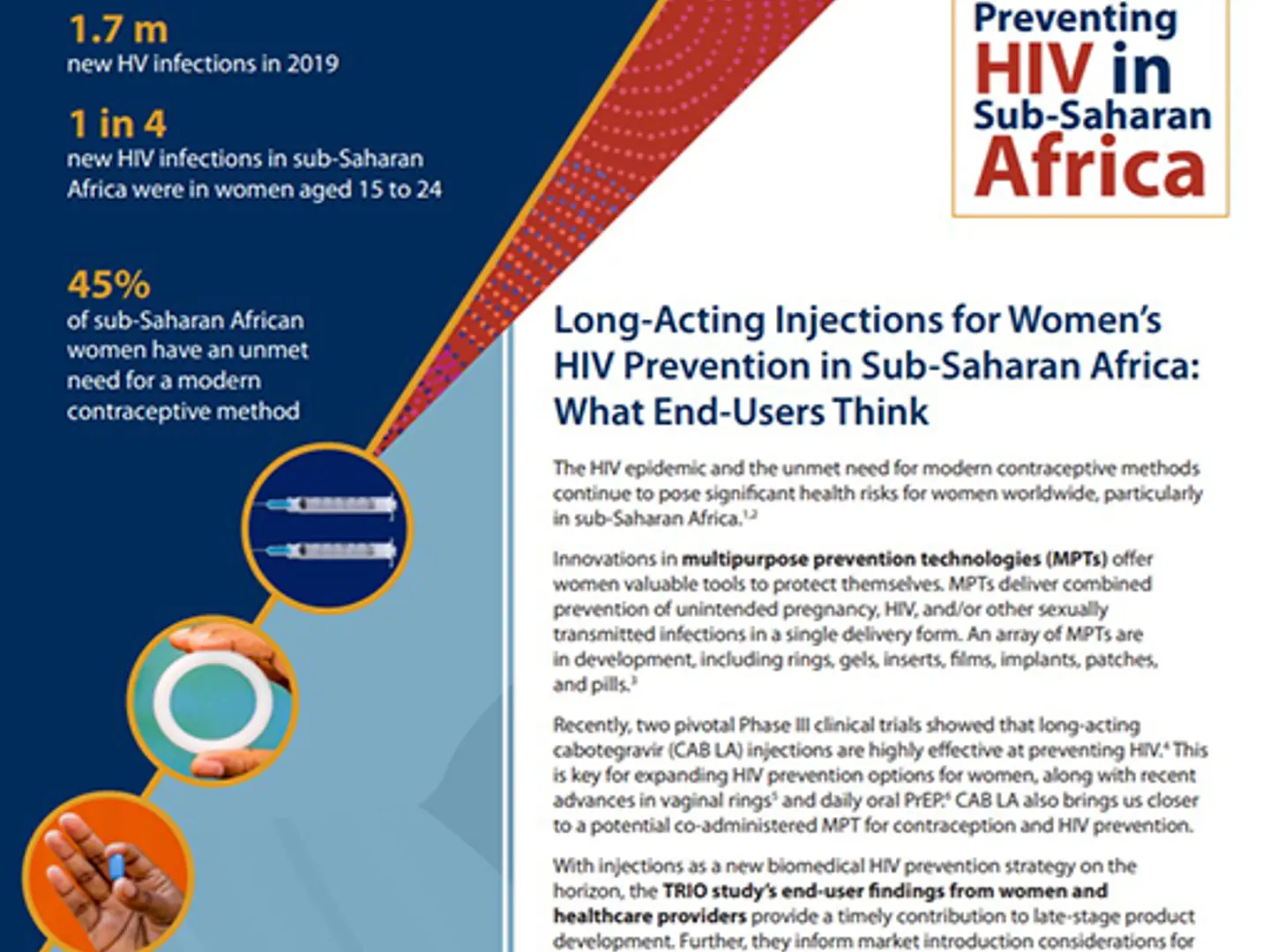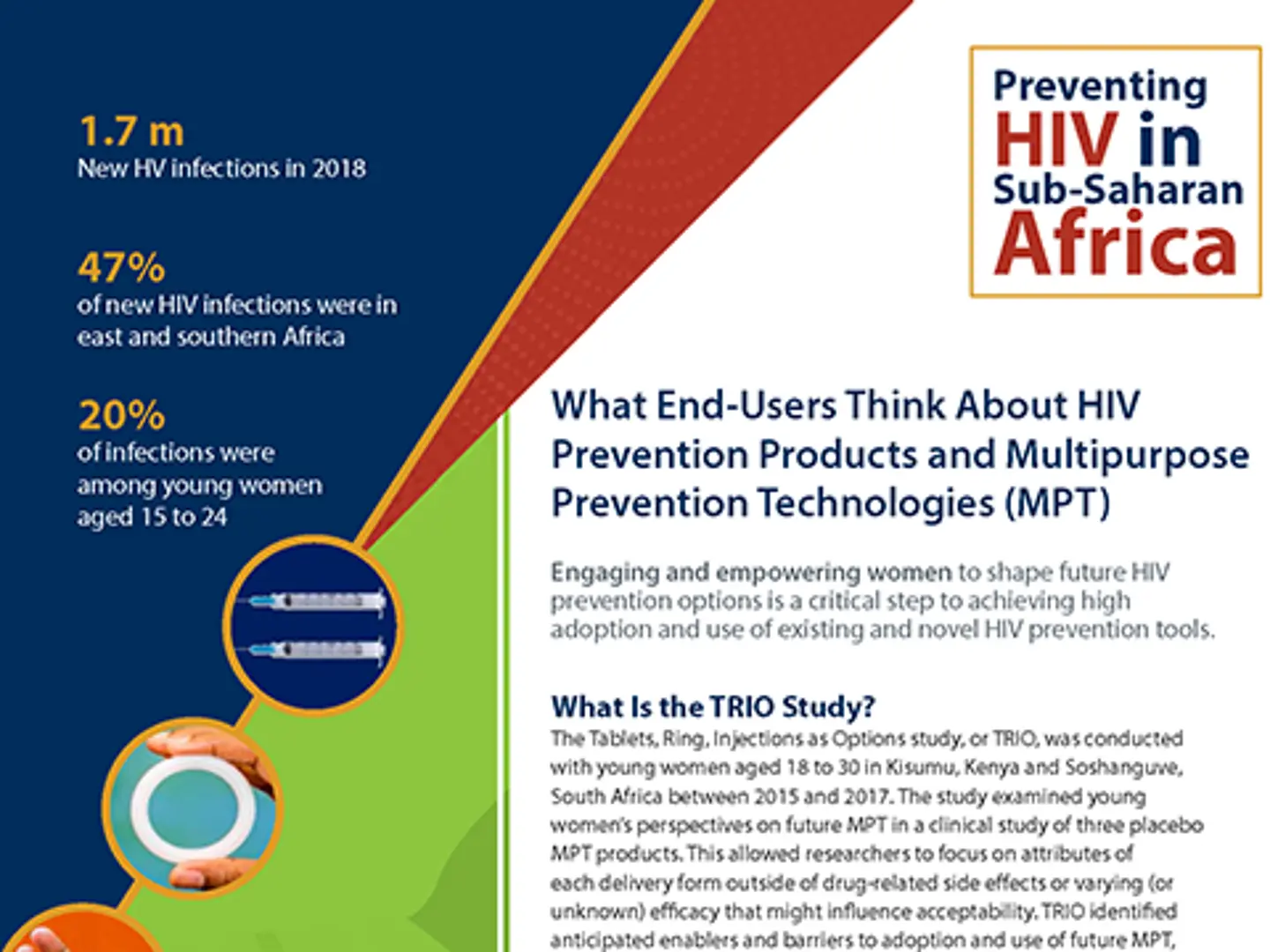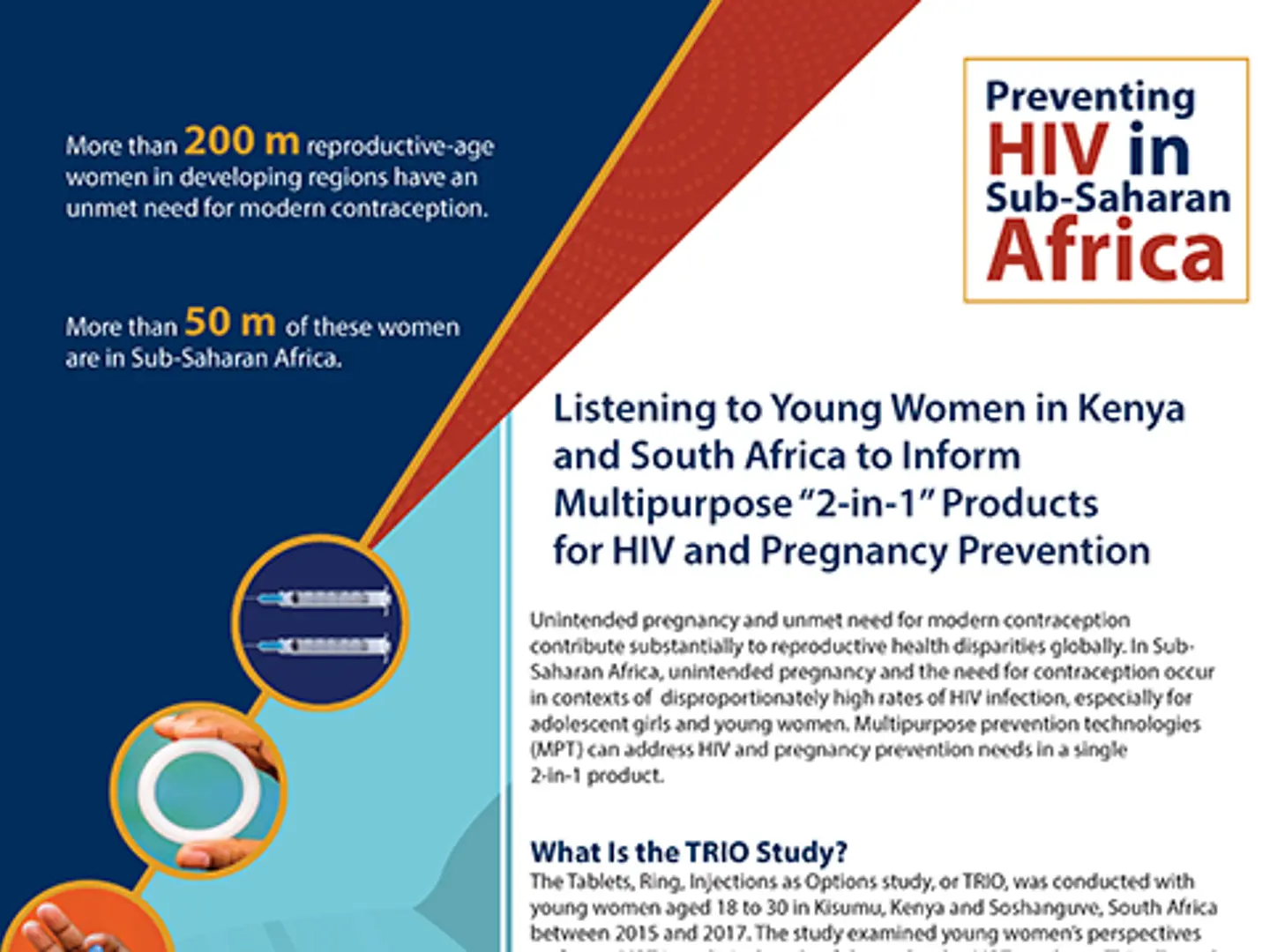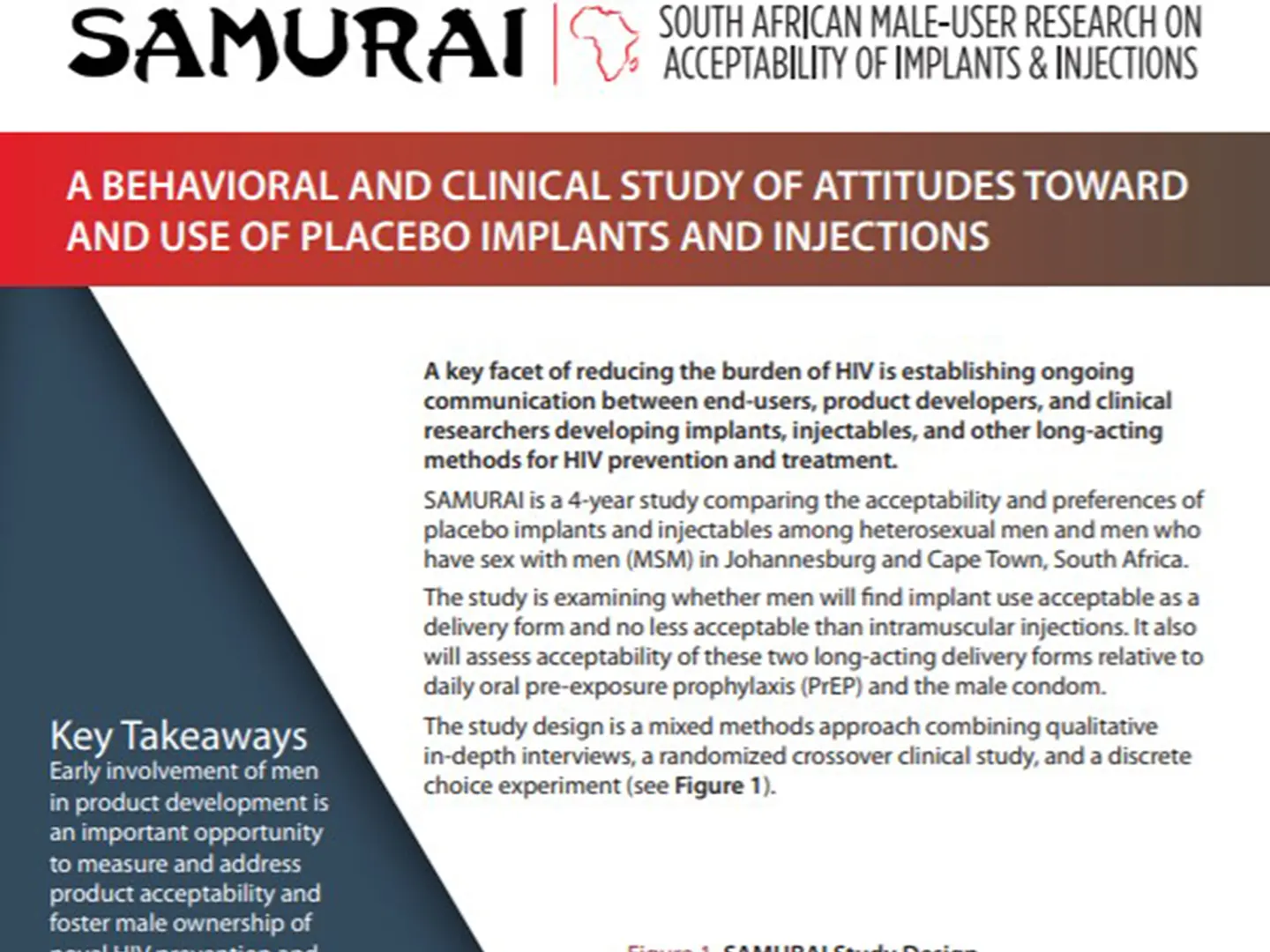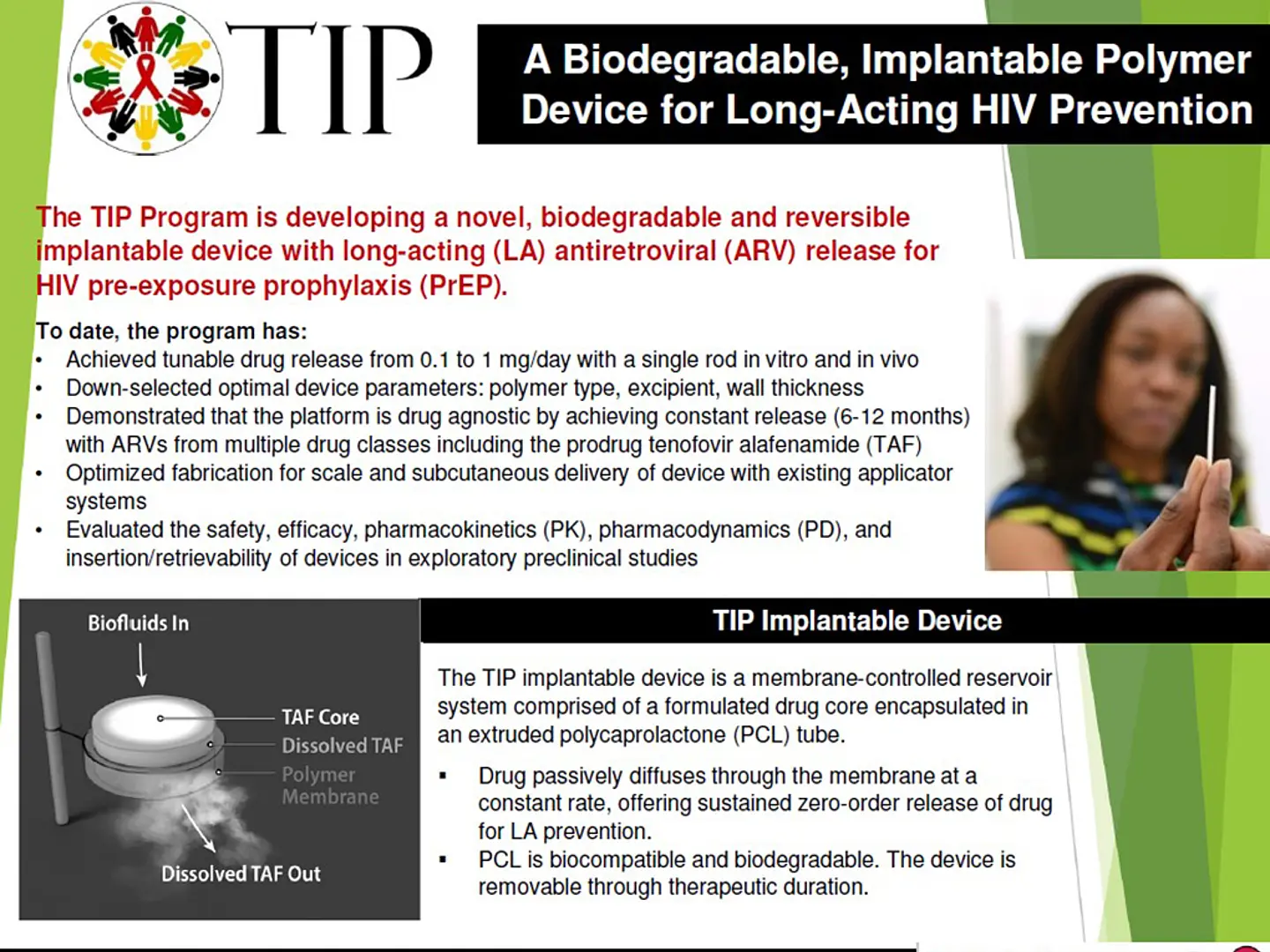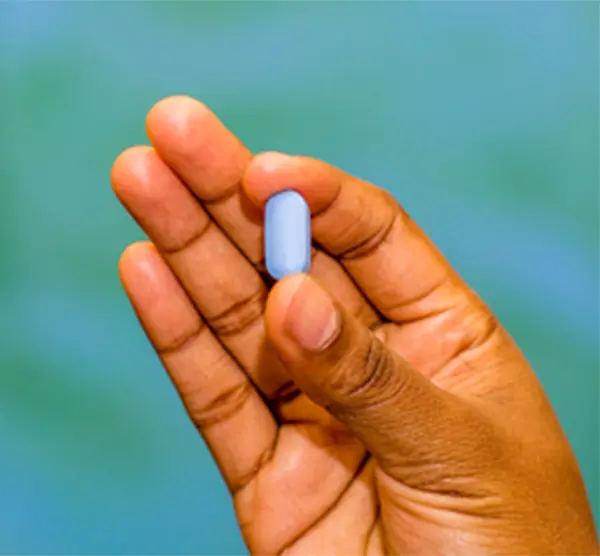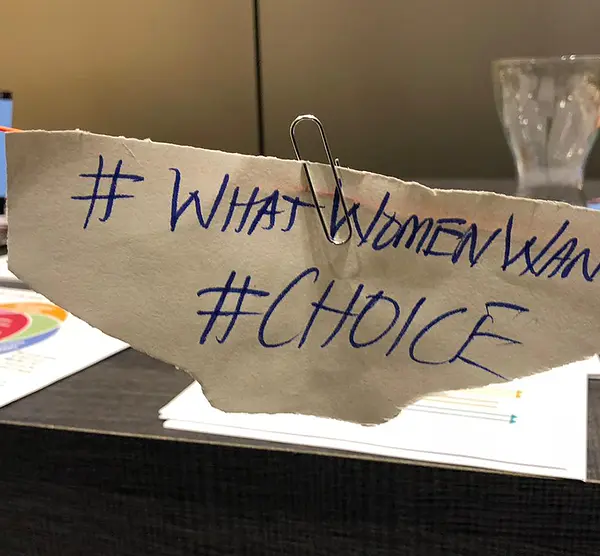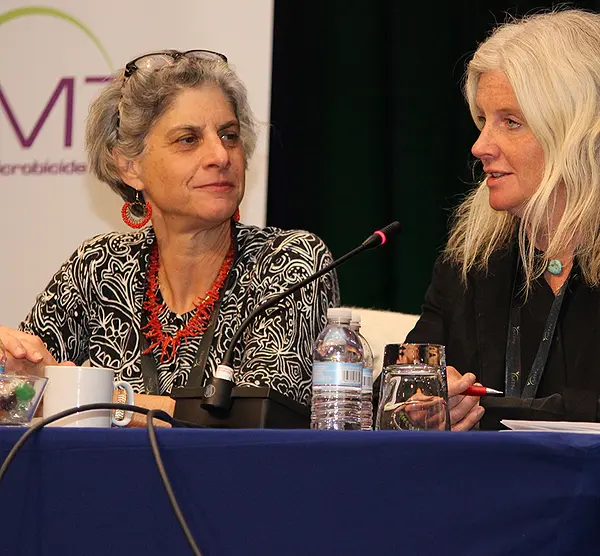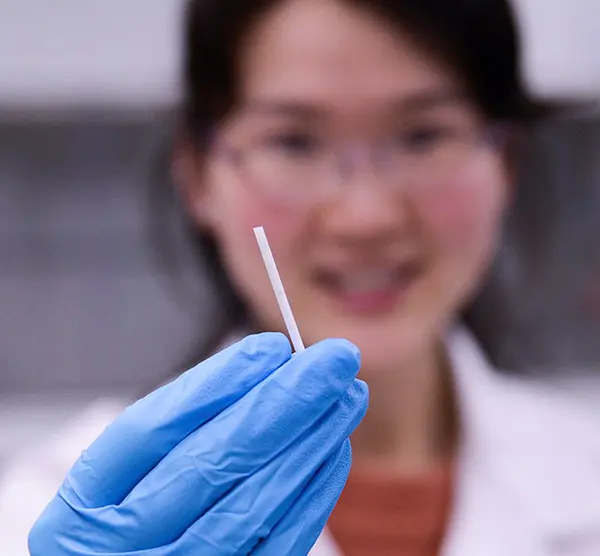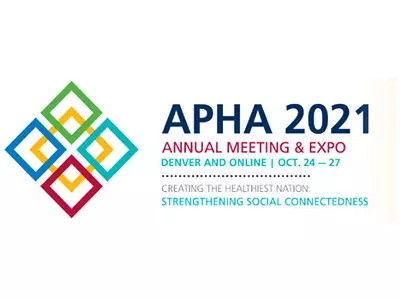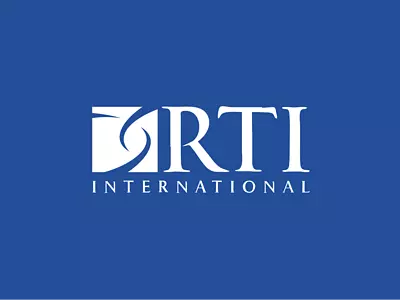Conducting rigorous epidemiologic, biomedical, socio-behavioral and implementation research to improve infectious disease and chronic health outcomes
Research conducted by RTI's Women's Global Health Imperative (WGHI) informs the design, implementation and scale-up of new programs, monitoring and evaluation systems, and health policies around the world—particularly as they pertain to addressing health inequities. Our areas of expertise include:
- Biomedical prevention strategies
- Socio-behavioral acceptability and adherence research on novel HIV prevention products
- Mixed-methods, community-engaged research
- The intersection of violence, education, and economic opportunities on adolescent health
- Implementation, scale-up, and improvement of health services delivery
- Increasing engagement in HIV services among key and hard-to-reach populations
- The effects of poverty and gender-based violence on women’s health over the lifecycle

Reducing Intimate Partner Violence around the World
Intimate partner violence is a human rights violation and a public health concern of global magnitude. To help tackle the multifaceted causes of intimate partner violence, the Women's Global Health Imperative designed and evaluated three distinct interventions for women and families in Kenya, South Africa, and India.
WGHI's Global Network
The epidemiologists and biomedical and behavioral scientists at WGHI have developed an international reputation as experts in women’s health and global health. WGHI is affiliated with the School of Medicine at the University of California, San Francisco, and the School of Public Health at the University of California, Berkeley, where our investigators serve as faculty members. We also have more than 20 research partners at academic, research and nonprofit organizations across Africa, Asia, Europe, and North America.
Study Briefs
TRIO Study: Long-Acting Injections for Women’s HIV Prevention in Sub-Saharan Africa: What End-Users Think
Innovations in multipurpose prevention technologies (MPTs) offer women valuable tools to protect themselves from HIV infection and unintended pregnancy.
TRIO Study: Preventing HIV in Sub-Saharan Africa
What end-users think about HIV prevention products and multipurpose prevention technologies (MPT)
View Downloadable Brief about TRIO Study: Preventing HIV in Sub-Saharan Africa
TRIO Study: Preventing HIV in Sub-Saharan Africa
Listening to young women in Kenya and South Africa to inform multipurpose “2-in-1” products for HIV and pregnancy prevention
View Downloadable Brief about TRIO Study: Preventing HIV in Sub-Saharan Africa
SAMURAI: South African Male User Research on Acceptability of Implants and Injections
A behavioral and clinical study of attitudes toward and use of placebo implants and injections
TIP: A Biodegradable, Implantable Polymer Device for Long-Acting HIV Prevention
The TIP Program is developing a novel, biodegradable and reversible implantable device with long-acting (LA) antiretroviral (ARV) release for HIV pre-exposure prophylaxis (PrEP).
WGHI Highlights
Funding Resources
The Women’s Global Health Imperative and its research programs are funded by a broad range of sources, including the United States Agency for International Development, the Bill & Melinda Gates Foundation, the Centers for Disease Control and Prevention, World Bank, UNICEF, the Wellspring Foundation, and multiple institutes and centers of the U.S. National Institutes of Health (NIH). NIH funding includes the National Institute of Allergy and Infectious Diseases, the Eunice Kennedy Shriver National Institute of Child Health and Human Development, the National Institute of Mental Health, and the Office of Behavioral and Social Science Research.
The contents of this site are the responsibility of RTI International and do not necessarily reflect the views of USAID, the NIH, or the United States Government.
Related Projects
Engaging End-Users in the Implant Product Development Pipeline
Read More about Engaging End-Users in the Implant Product Development Pipeline

